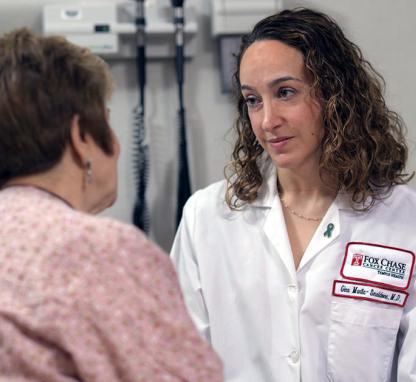
Research has shown that more than half of all cancer deaths could be prevented. Over the last 50 years, research has led us to several different “modifiable” risk factors for cancer, meaning there are steps every one of us can take to decrease our risk for ...
Read More







